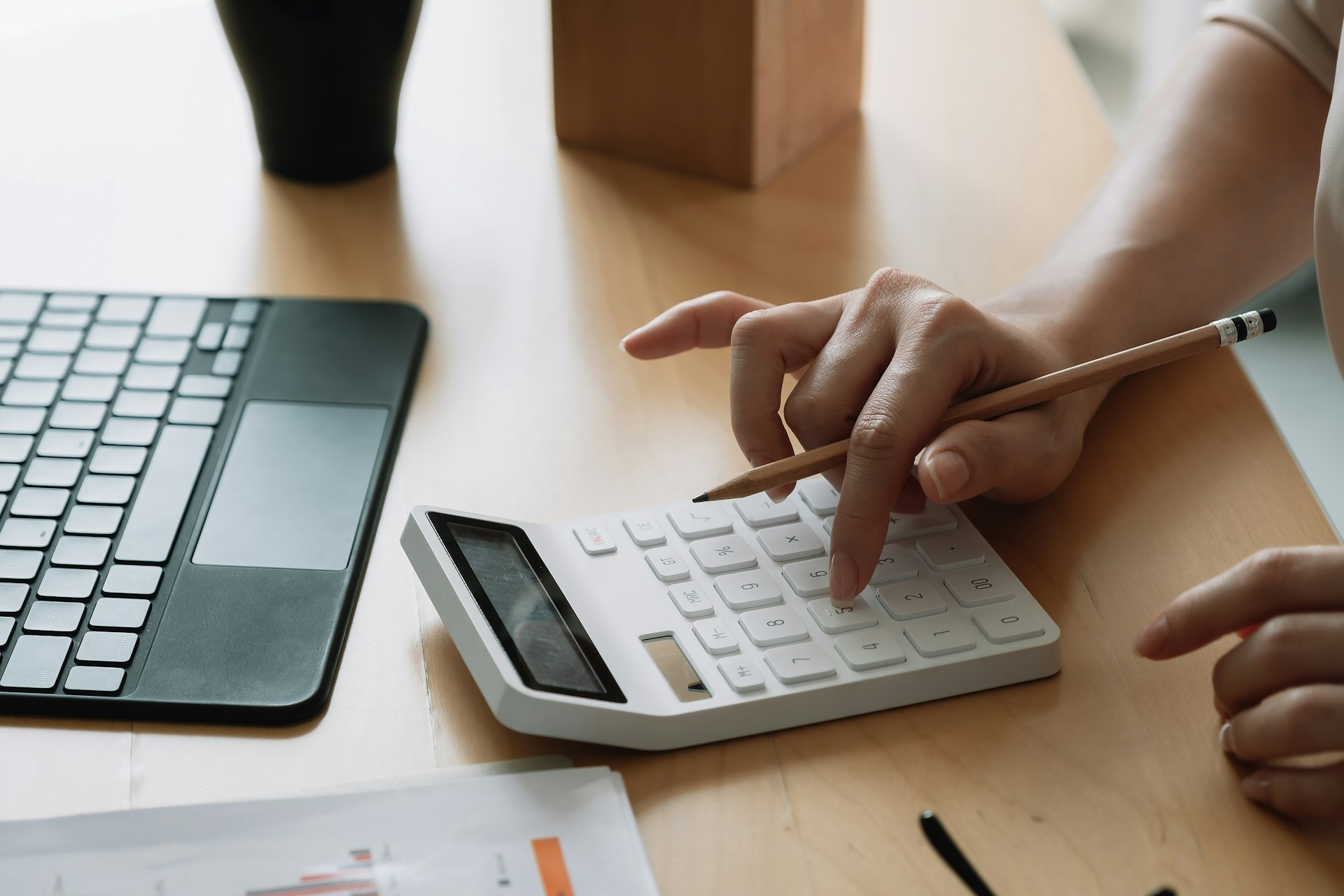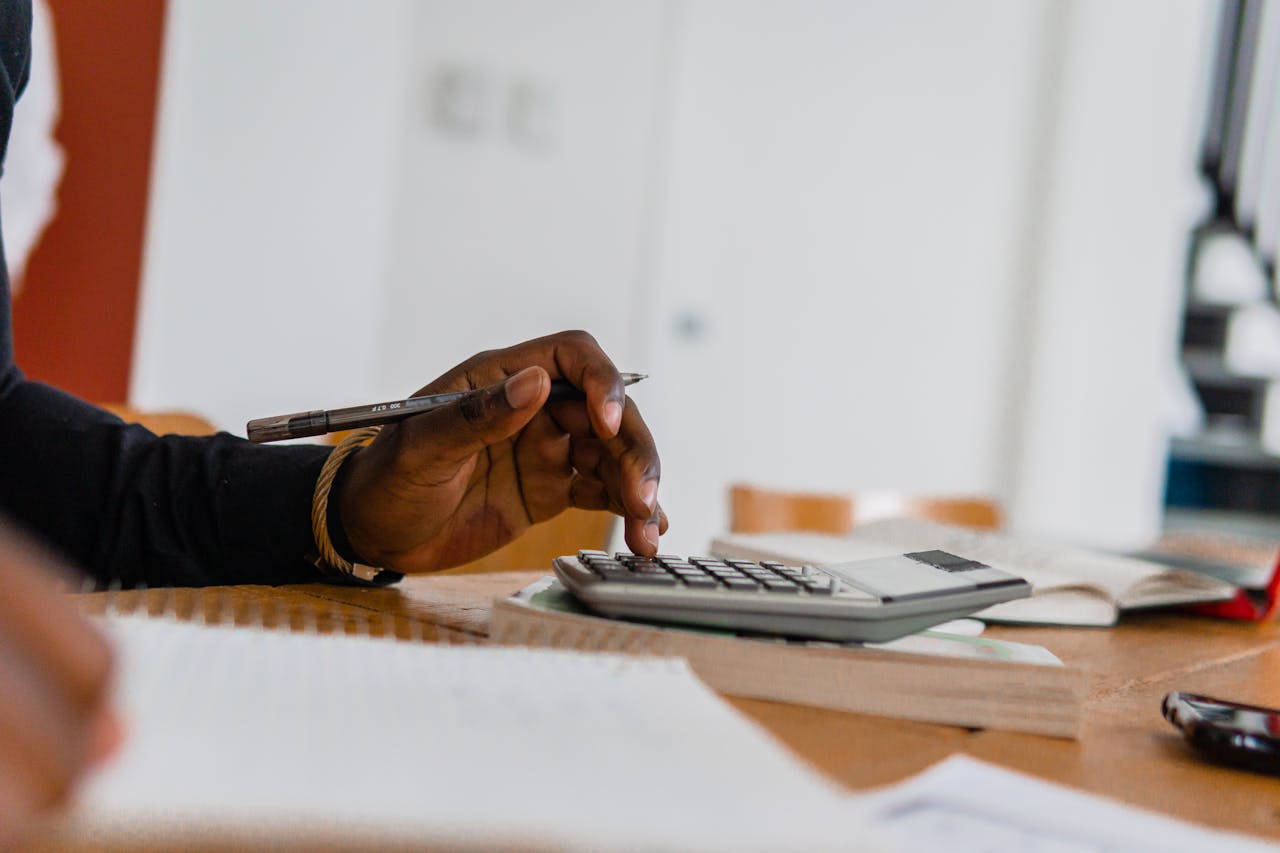What To Expect During Your First Tax Preparation Meeting
Your first tax preparation meeting can feel like a lot, […]
Your first tax preparation meeting can feel like a lot, especially if you’ve never gone through the process before. There’s paperwork, dates to remember, and questions you might not know how to answer. The good news is, when you know what to bring and what to expect, it becomes a lot more manageable. You’re not expected to know it all — your tax preparer is there to help you sort through the details.
Working with the best tax preparer in Las Vegas gives you a chance to approach tax season feeling confident instead of unsure. By preparing for your meeting in advance, you save time and avoid back-and-forths later on. Think of this first meeting as the groundwork that helps everything else go smoother. From gathering the right documents to knowing what to ask, a little preparation early on makes a big difference by the time your return is ready.
Gathering Your Documents
Before heading to your appointment, pull together all the necessary documents. Having everything ready upfront makes the meeting more productive and helps avoid delays. If you’re unsure what you need, start with the basics. You can always gather extra items later if your preparer requests them.
Here’s a list of key items you should plan to bring:
– Previous year’s tax return, if you have one
– W-2s or 1099s for income earned
– Records of any unemployment income or other government benefits
– Social Security numbers for yourself, your spouse, and any dependents
– Bank account and routing numbers for direct deposit
– Receipts or records for deductible expenses (medical bills, school tuition, donations)
– Mortgage interest statements or property tax bills if you own a home
– Business income or expense reports if you’re self-employed
– Childcare expenses with provider info and tax ID
If your situation has changed — say you changed jobs, had a baby, bought a house, or paid off student loans — make a note of that too. Life changes often affect your taxes, so giving your preparer accurate updates will help them get things right the first time.
To keep things organized, use folders or envelopes labeled by category. Keep physical papers tidy and any digital copies saved in one easy-to-find location, like a shared folder. That way, no one has to waste time digging through emails or piles of receipts.
Key Questions To Ask During Your Meeting
Once you’re sitting down with your tax preparer, it helps to have a short list of questions ready. Whether it’s your first meeting or your fifth, asking the right questions gives you a clearer picture of your finances and expectations.
Here are a few smart ones to consider:
1. Am I eligible for any deductions or credits I might be missing?
2. Do I have to make any estimated payments for next year?
3. How will life changes like a new job, marriage, or moving impact my taxes?
4. How do you handle audits or IRS notices if something comes up?
5. Is there anything I can do right now to improve my tax situation next year?
These questions can open the door to better strategies for managing your income, planning ahead, or even fixing past mistakes. Don’t be shy about asking — this is your chance to build trust and understand how your taxes are being handled. A good tax preparer will take the time to answer, explain without jargon, and guide you through your options.
What To Expect During The Meeting
Once you’re sitting across from your tax preparer, the meeting usually starts with a review of the documents you brought. They’ll look for missing items, ask questions to clarify certain things, and take notes on any recent changes in your financial situation. It’s a conversation, not an interview, so feel free to explain things in your own words without stressing over how to say it right.
Expect to go over items like your sources of income, possible deductions, and whether any special circumstances apply to you. They might ask about retirement contributions, side income, education costs, or anything else that could affect your return. Don’t worry if you don’t know things off the top of your head. If something comes up and you need time to gather more info, they’ll note it and circle back later.
You might also need to fill out a few forms depending on your situation. This could include a basic intake sheet, consent for electronic filing, or a worksheet for specific deductions. If you’re unsure what something means or why it’s being requested, speak up. It’s better to ask now rather than find out there was a mix-up after the tax return has been filed.
This initial meeting usually wraps up with a summary of what’s next. You’ll leave with either a clear idea of when to expect your return to be completed or a short checklist of things you still need to send in. Either way, it sets the pace for how the rest of the filing process will go.
Understanding The Tax Preparation Process
After the first meeting, most of the work moves behind the scenes. Your preparer will begin processing your return, run different scenarios if needed, and double-check everything is accurate before moving forward. You might get an email or phone call if they need additional details. That’s normal, especially if new information comes to light during their review.
Here’s what usually happens next:
– Any missing documents get requested and submitted
– The preparer works through line-by-line details of your return
– If you’re owed a refund, the timeline is talked through once everything is filed
– If you owe taxes, you’ll get instructions on how to pay or request a payment plan
– Final copies are sent your way for review and approval before submission
Depending on how complex your return is, this step might take a few days or a bit longer. Sometimes you’ll be looped in to answer a few final questions. Other times, you won’t hear anything until they let you know the filing’s done.
Communication is key here. If your phone or email changes, be sure to update your tax preparer so nothing gets missed as the process unfolds. And once the return is filed, hold onto your documents for future reference. They’ll come in handy next year or if any questions pop up down the line.
Why Working With A Pro Makes All The Difference
Having a successful first tax preparation meeting doesn’t mean you walked in knowing everything. It means you came prepared, asked the right questions, and paid attention to the next steps. That kind of preparation helps you avoid headaches and gives your tax preparer what they need to do their best work.
Taking time upfront to organize your paperwork and understand the process creates less stress and better accuracy. The first meeting might feel a little overwhelming, especially if taxes aren’t something you deal with often. But after your questions are answered and you learn what comes next, most people leave that first meeting feeling a lot more relaxed than when they walked in. You’ll be setting yourself up for a smoother tax season.
By getting organized and knowing what to expect, you can confidently tackle your tax preparation meeting. To make sure every detail gets handled accurately, consider working with the best tax preparer in Las Vegas. Hidden Refuge Bookkeeping offers customized services that fit your needs and help make the process smoother from start to finish.





